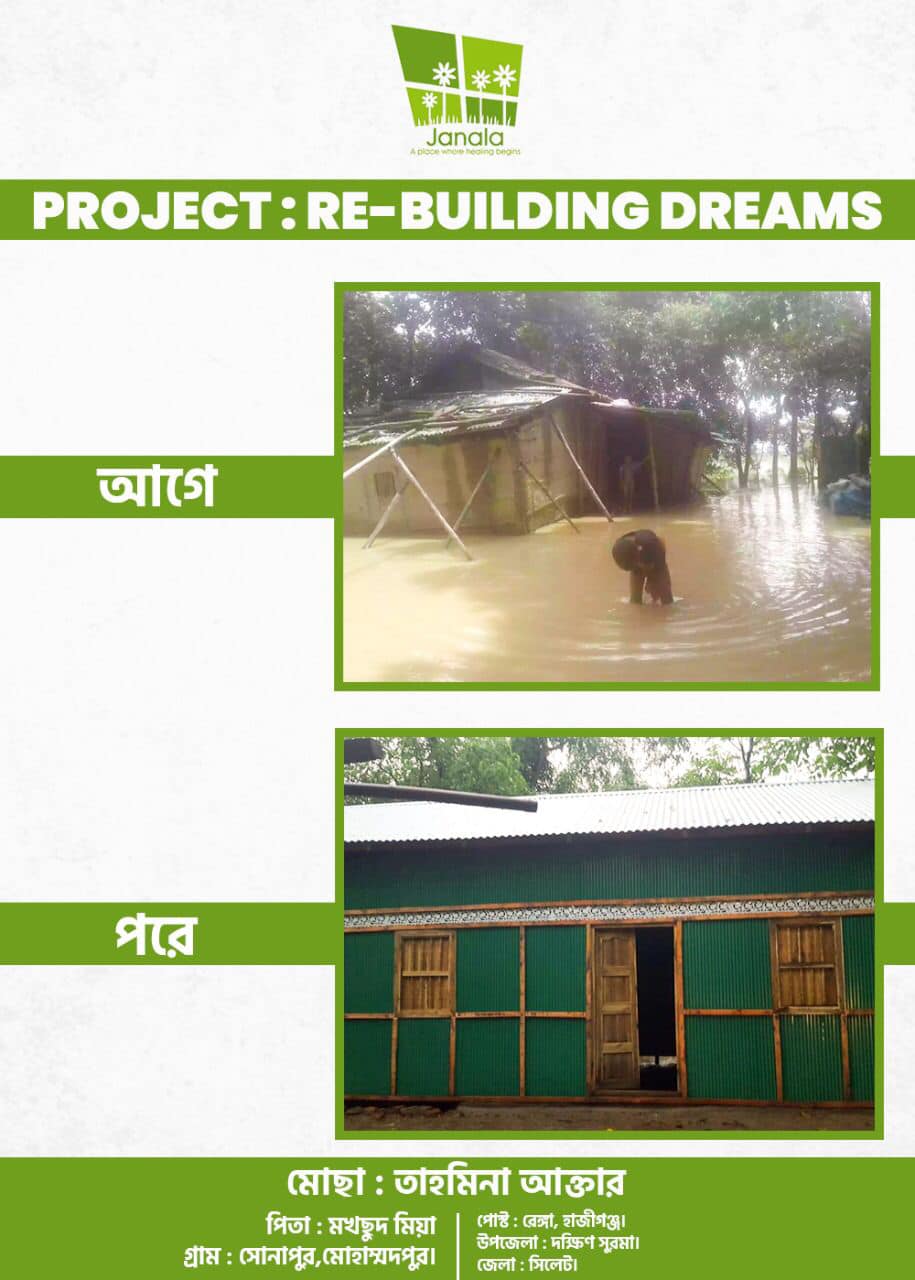


The intricate tapestry of life on Earth, encompassing all species, including humans, is profoundly interwoven with the presence of trees. These majestic giants of the natural world serve as the bedrock of our terrestrial existence, offering sustenance to countless creatures and, above all, upholding the delicate equilibrium of our planet's ecology and climate. The act of planting and nurturing trees stands as an indispensable measure to safeguard this vital balance. For the well-being of any nation, it is imperative to maintain a substantial forest cover, ideally constituting at least 25 percent of the total landmass. Regrettably, in the case of Bangladesh, the forested lands make up a mere 16 percent of its geographic expanse. Adding to this concern, the reckless and indiscriminate felling of trees has become an unsettling trend, pushing us closer to an inescapable environmental catastrophe.
The consequences of this ecological imbalance are painfully evident, as Bangladesh grapples with severe environmental issues, primarily driven by pollution. The nation experiences erratic patterns of precipitation, vacillating between extreme rainfall and prolonged droughts. Flash floods, landslides, and cyclones wreak havoc annually, causing widespread devastation. The gradual transformation of Bangladesh's climate toward extremes portends a worrisome future, where the country might eventually transform into an arid desert. The relentless deforestation contributes to the ominous greenhouse effect, exacerbating the depletion of the ozone layer and the alarming specter of global warming. The potential rise in sea levels threatens to submerge Bangladesh's coastal regions, leaving us acutely vulnerable to the impending perils of climate change. Amid this looming crisis, the role of trees in mitigating these challenges cannot be overstated.
The preservation and expansion of our tree resources are irrevocably linked to the very essence of our existence. Achieving the lofty objectives of afforestation and forest conservation necessitates the concerted efforts of both the public and private sectors. To this end, several imperative duties must be diligently undertaken. These encompass the prevention of wanton deforestation and the establishment of rigorous safeguards to deter the premature felling of trees. Equally critical is the comprehensive cultivation and maintenance of new saplings and the enforcement of robust legislation to protect our invaluable tree heritage. The concept of social forestry should be propagated into new frontiers, fostering community participation in this crucial endeavor. Additionally, the organization of tree fairs and similar initiatives can further galvanize support for the cause.
It is only through a collective and unwavering commitment to reinvigorate tree planting initiatives that we can rekindle hope for a habitable and sustainable future. The fate of our beloved land, including Bangladesh, hinges on our willingness to address this pressing concern and, in so doing, reinstate the harmony and equilibrium that is so vital for the prosperity of all living beings on this planet.



